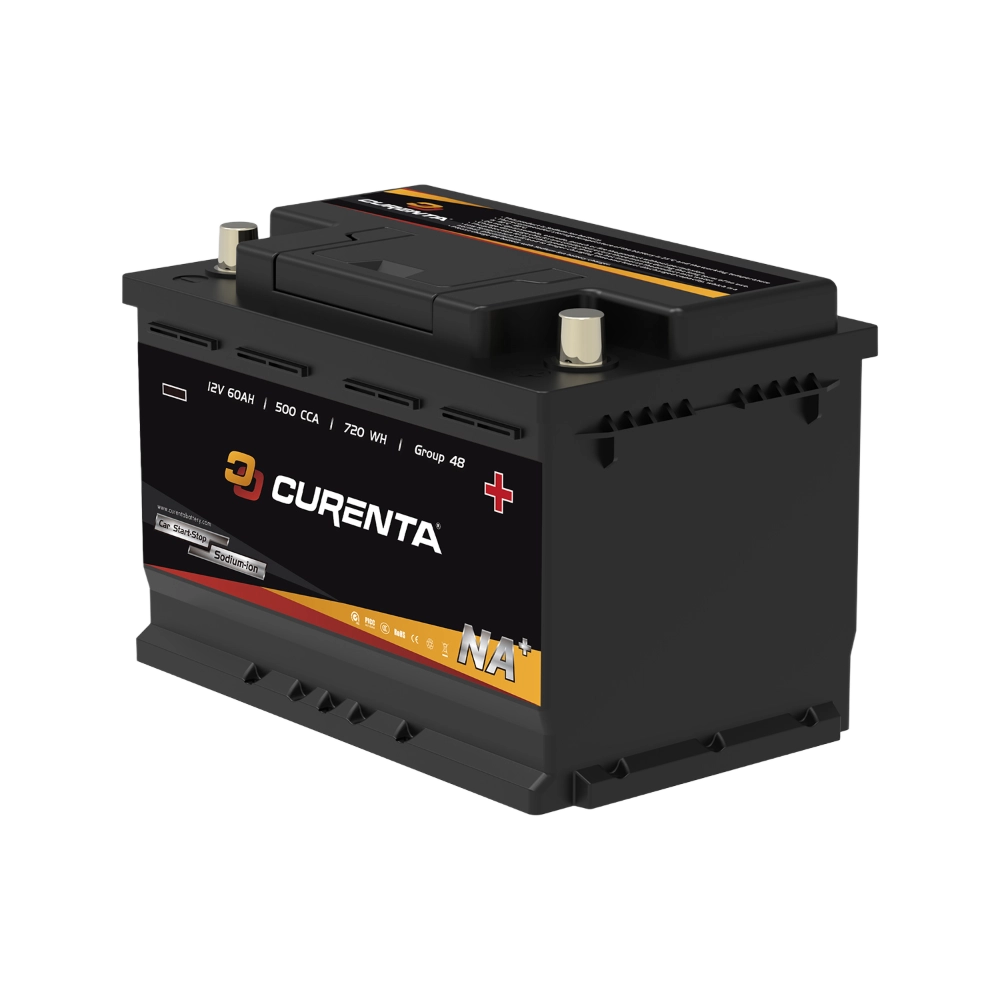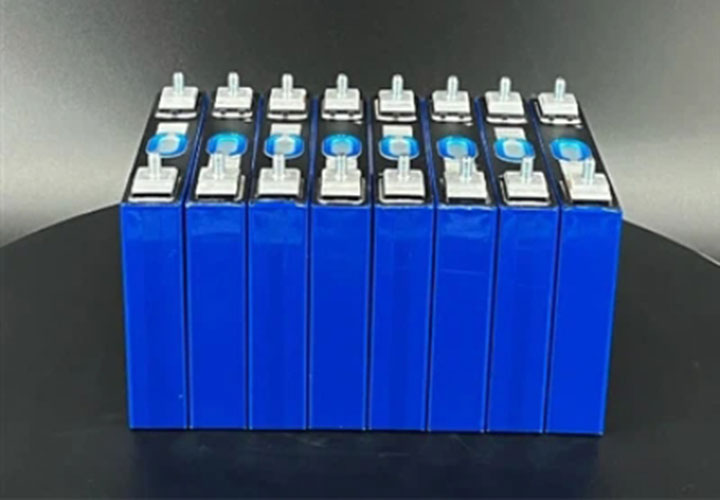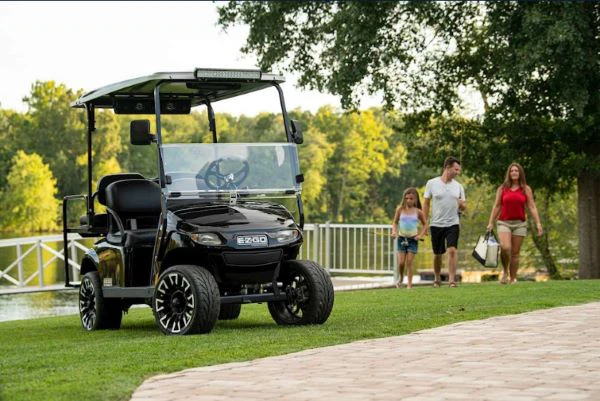Learn More >
What Is the Best Golf Cart Battery and How Do You Choose the Right One
Golf cart batteries are essential for ensuring the smooth operation of electric golf carts, providing power for both short and long-distance rides. But with so many options on the market, how do you determine the best golf cart battery for your needs? This article will guide you through the different types, key factors to consider, and tips to extend battery life.
Types of Golf Cart Batteries
Golf cart batteries come in various types, each offering different benefits and drawbacks. Understanding these options will help you make an informed decision.
1. Lead-Acid Batteries
Lead-acid batteries are the most common type used in golf carts. They are affordable and widely available, making them a popular choice for many golf cart owners.
Pros:
Cost-effective
Easy to replace
Suitable for standard usage
Cons:
Require regular maintenance
Shorter lifespan compared to lithium-ion batteries
Longer charging time
2. Lithium-Ion Batteries
Lithium-ion batteries are gaining popularity due to their superior efficiency, longer lifespan, and lower maintenance needs.
Pros:
Lightweight
Faster charging time
Longer lifespan (up to 10 years)
Higher energy efficiency
Cons:
Higher initial cost
Requires a compatible charger
3. Gel and AGM Batteries
These types of sealed lead-acid batteries offer a maintenance-free option for golf cart owners who prefer a hassle-free experience.
Pros:
No maintenance required
Spill-proof design
Better performance in extreme weather
Cons:
More expensive than traditional lead-acid batteries
Limited lifespan compared to lithium-ion batteries
Factors to Consider When Choosing a Golf Cart Battery
Selecting the best golf cart battery depends on several factors, including voltage, capacity, and durability.
1. Voltage and Capacity
Golf carts typically use either a 36V or 48V system. Higher voltage means more power and better performance on hilly terrain. Capacity, measured in amp-hours (Ah), determines how long your golf cart can run on a single charge.
2. Battery Life and Durability
Lithium-ion batteries last significantly longer than lead-acid ones. If you want a long-term investment, opting for a lithium-ion battery can be more cost-effective despite the higher initial price.
3. Maintenance Requirements
If you prefer minimal upkeep, consider lithium-ion or AGM batteries. Lead-acid batteries need regular watering and cleaning to prevent corrosion and extend their lifespan.
4. Charging Time
Lithium-ion batteries charge faster, usually within 2-4 hours, while lead-acid batteries may take up to 8 hours. If quick recharging is a priority, lithium-ion is the better option.
5. Climate and Usage Conditions
For extreme weather conditions, AGM or gel batteries perform better than lead-acid batteries. If you frequently use your golf cart in cold or hot temperatures, consider a battery designed for such conditions.
How to Maintain Your Golf Cart Battery for Maximum Performance
Proper maintenance extends the lifespan of your golf cart battery and ensures optimal performance. Follow these tips to keep your battery in top condition.
1. Regular Cleaning and Inspection
Dirt and corrosion can affect battery performance. Clean the terminals with a mixture of baking soda and water to prevent buildup.
2. Proper Charging Practices
Avoid overcharging or completely draining the battery.
Charge your battery after every use.
Use the right charger to prevent damage.
3. Watering Lead-Acid Batteries
If you use a lead-acid battery, check the water levels regularly and refill with distilled water when necessary.
4. Store Batteries Properly
If you’re not using your golf cart for an extended period, store the battery in a cool, dry place. Keep it partially charged to prevent damage.
Signs That You Need a New Golf Cart Battery
Even with proper maintenance, golf cart batteries will eventually wear out. Here are some signs that indicate it’s time for a replacement:
Reduced Run Time: If your cart doesn’t last as long on a full charge, the battery may be deteriorating.
Slower Acceleration: A weak battery affects the performance of your golf cart, making it sluggish.
Frequent Charging Needs: If you find yourself charging the battery more often than usual, it may be losing capacity.
Visible Corrosion or Leakage: Any signs of damage, such as cracks or leaks, indicate that the battery needs replacing.
Conclusion: Which Golf Cart Battery Should You Choose?
The best golf cart battery depends on your specific needs and budget. If you want an affordable option and don’t mind regular maintenance, lead-acid batteries are a solid choice. However, if you prefer a longer lifespan, faster charging, and less maintenance, lithium-ion batteries are worth the investment.
No matter which type you choose, proper maintenance is key to extending battery life and ensuring reliable performance. By considering voltage, capacity, and charging needs, you can find the perfect golf cart battery to keep your cart running smoothly for years to come.

 English
English German
German Czech
Czech French
French Italian
Italian Hungarian
Hungarian Russian
Russian Japanese
Japanese Korean
Korean Arabic
Arabic Spanish
Spanish Portuguese
Portuguese Danish
Danish


 WhatsApp
WhatsApp